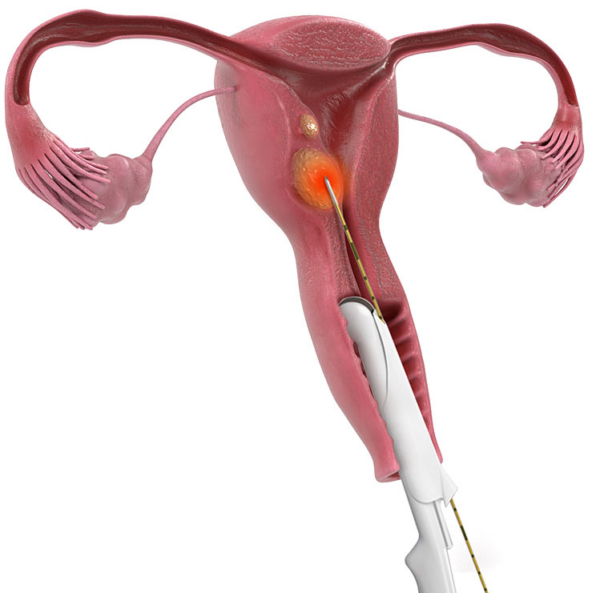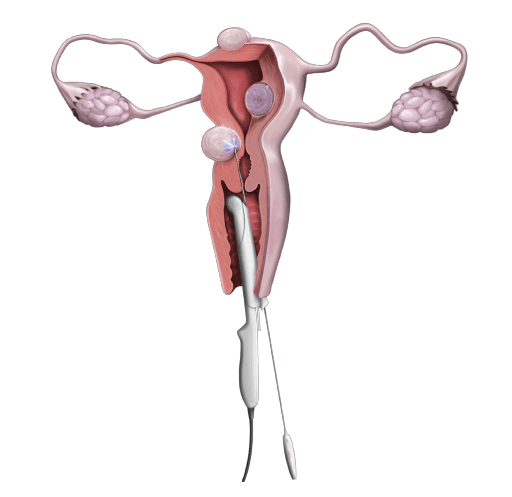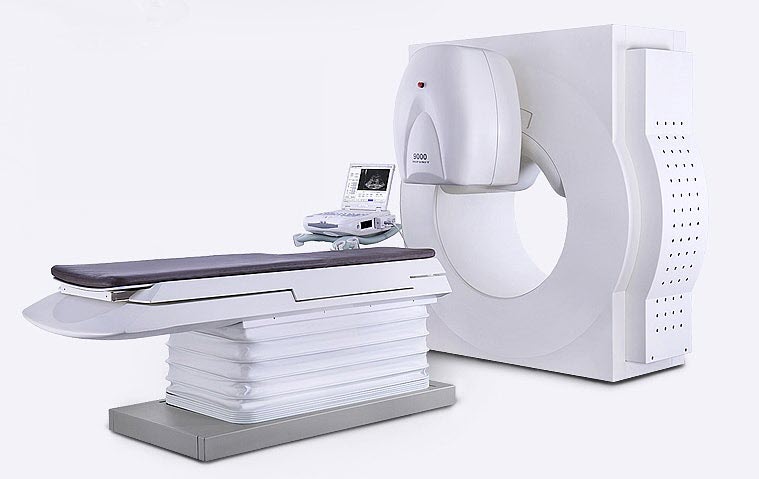Uterine Fibroid Embolization in Korea
Radiofrequency treatment for effective uterine fibroid treatment
Uterine Fibroid Embolization: Radiofrequency For Fibroid Removal
Radiofrequency myolysis is a method of treating fibroids by inserting a needle that generates radiofrequency into the center of uterine fibroids or adenomyosis and cuts off the blood supply to the affected area by applying radiofrequency heat (approximately 250°C) with the tip of the needle.
This treatment method is widely popular because it is minimally invasive, utilizes high-frequency technology, and delivers highly effective results.

uterine fibroid Embolization: How Does It Work?
The most recently developed uterine fibroid removal procedure uses a thin electrode to necrotize the fibroids with radiofrequency heat. During the procedure, the patient’s condition is continuously monitored, and immediate action is taken if necessary.
This surgery is highly effective for pain relief and bleeding prevention, prioritizes uterine preservation, and is therefore well-suited for young women who wish to conceive in the future.
uterine fibroid Embolization: effects and precautions
Although uterine fibroid dissolution is generally a safe procedure, some side effects may occur. The main side effects and precautions are as follows:

Why you need to treat uterine fibroids before pregnancy
Treatment of uterine fibroids is recommended to ensure a healthy pregnancy. The endometrium is the part of the uterus where the embryo is implanted. If there are uterine fibroids in the endometrium, it can interfere with implantation, possibly causing miscarriage. Treatment of uterine fibroids is personalized based on the size and growth rate of the individual’s uterine fibroids.
Early pregnancy
Depending on the location and size of the uterine fibroids, the risk of infertility or miscarriage may increase, making it difficult to become pregnant.
Second trimester
During pregnancy, uterine fibroids may degenerate, causing pain and a risk of early miscarriage.
Late pregnancy
The weight of uterine fibroids can cause uterine atony (muscle weakness), which may increase the risk of dystocia (difficult birth) and postpartum bleeding.
Treatment of uterine fibroids and adenomyosis
Most cases of uterine fibroids and adenomyosis can be treated with HIFU (High-Intensity Focused Ultrasound), but the effectiveness of the treatment may vary depending on the size, location, and type of the lesion.
In some cases, surgical removal may be more appropriate, so it is important to first accurately diagnose the condition of the uterus to determine whether HIFU is a suitable option.
| HIFU Treatment | Myomectomy | Hysterectomy | |
|---|---|---|---|
| Principle | Necrotizes only the fibroid using high-intensity ultrasound without anesthesia or incision — no pain or bleeding | Makes three small incisions in the belly button and lower abdomen to insert surgical instruments and remove only the fibroid | Makes a 7 cm incision in the lower abdomen to surgically remove the entire uterus |
| Hospitalization | Resume daily life the day after the procedure | 4 – 5 days | 5 – 7 days |
| Warnings | Possibility of mild burns or minor blistering | Risk of damage to surrounding organs or adhesions | Pregnancy is no longer possible, with potential physical and psychological aftereffects |

Frequently Asked Questions
What is Uterine Fibroid Embolization (UFE) offered at SH Clinic in Korea?
Uterine Fibroid Embolization (UFE) at SH Clinic is a minimally invasive procedure that uses radiofrequency energy to treat uterine fibroids. A needle generating radiofrequency heat is inserted into the center of the fibroids, cutting off their blood supply and causing them to shrink. This method is effective, has a short treatment time, and allows for same-day admission and discharge.
What are the benefits of undergoing UFE at SH Clinic?
The benefits of UFE at SH Clinic include:
- Minimally invasive procedure with no surgical scars.
- Short treatment time with same-day admission and discharge.
- Preservation of the uterus, allowing for normal pregnancy post-treatment.
- Minimal bleeding during the procedure and quick symptom improvement.
- Effective treatment regardless of the number and size of fibroids.
- Simple and straightforward repeat treatment if fibroids recur.
Are there any side effects or precautions associated with UFE?
While UFE is generally safe, some side effects and precautions include:
- Rare risk of skin burns.
- Possible vaginal discharge after the procedure.
- Advised to refrain from smoking, drinking, and strenuous activities post-procedure.
- In rare cases, bleeding or pain may occur; if symptoms persist, a hospital visit is recommended.
Why is it important to treat uterine fibroids before pregnancy?
Treating uterine fibroids before pregnancy is recommended to ensure a healthy pregnancy. Untreated fibroids can interfere with the endometrium, potentially affecting implantation and increasing the risk of complications during pregnancy.
